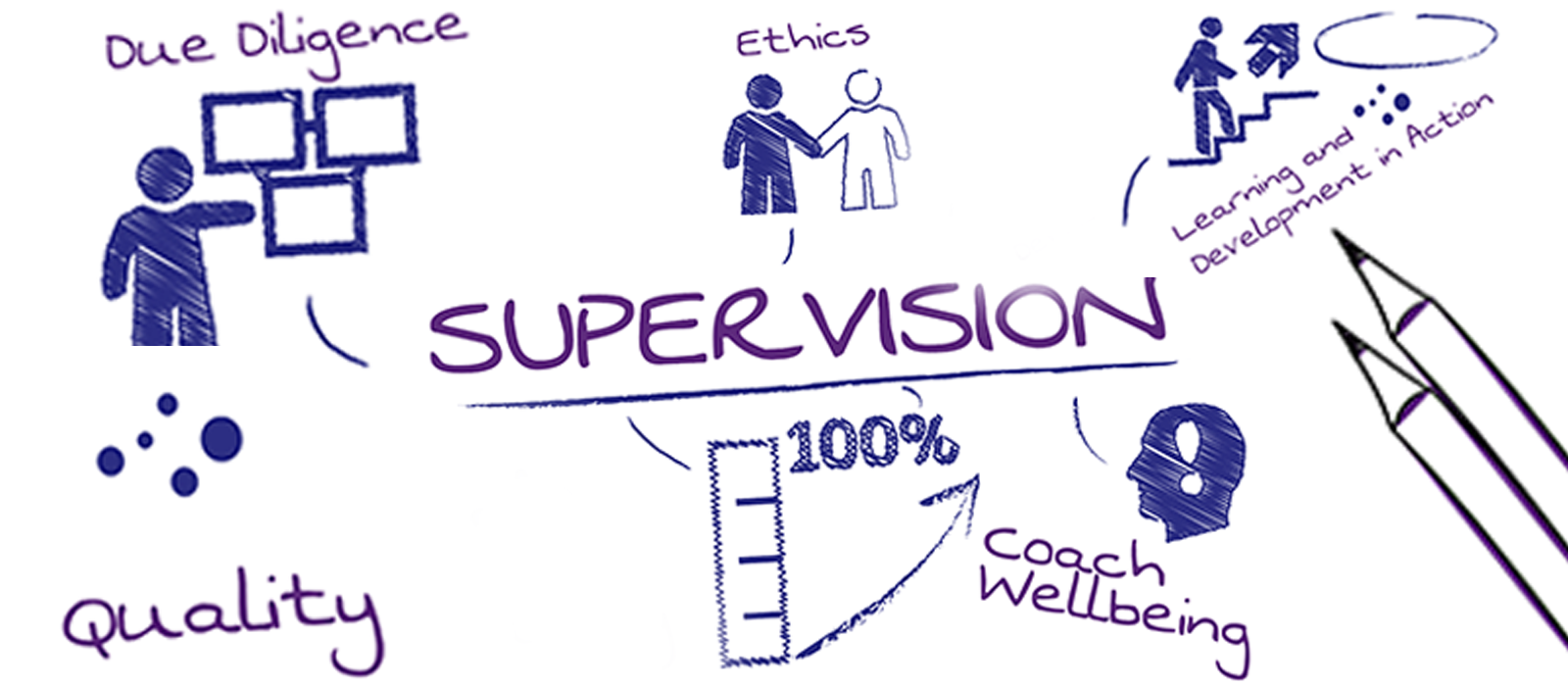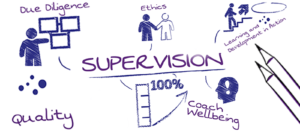
 I believe that in my profession, when I stop learning, I stop being effective. This is a short intro into the heart of the supervision definition and in the area of what mentoring, coaching and supervision have in common.
I believe that in my profession, when I stop learning, I stop being effective. This is a short intro into the heart of the supervision definition and in the area of what mentoring, coaching and supervision have in common.
In the last years coaching supervision has increasingly been seen as a vital part of the repertoire for most of the helping professions, doctors, therapists, counsellors, coaches, leaders and related fields.
Coaching Supervision is a supportive relationship in which you can reflect in depth about your current work in order to do it better. When you experience supervision you allow yourself to look inwards to what is happening to you as you work and look outwards to how the work is being done. From these reflections it is possible to discover new things, learnings, which will be used to increase the effectiveness of your work as a leader or as a professional coach.
What supervision, coaching and mentoring have in common is a desire to improve practice through some kind of reflection. They all offer us an opportunity for us to keep growing, to feel listened and understood, and challenged when we discover, maybe, some of our blind spots.
What do you think? Do you want to experience coaching supervision? Share your thoughts, knowledge, and experience in the comments below!